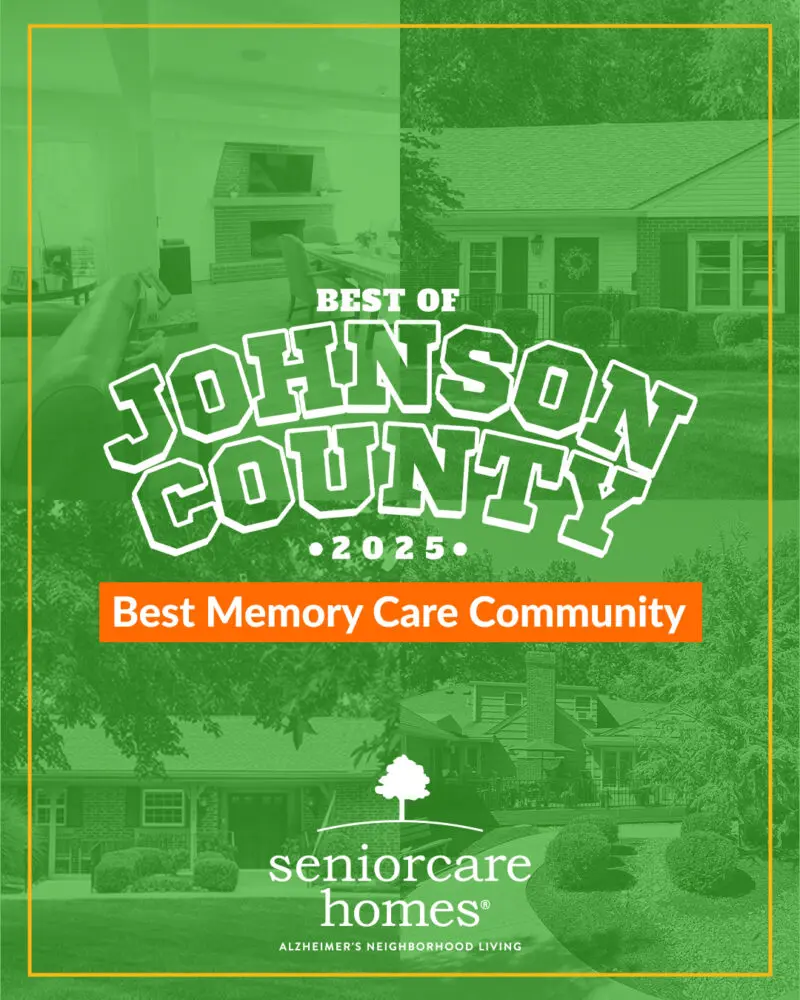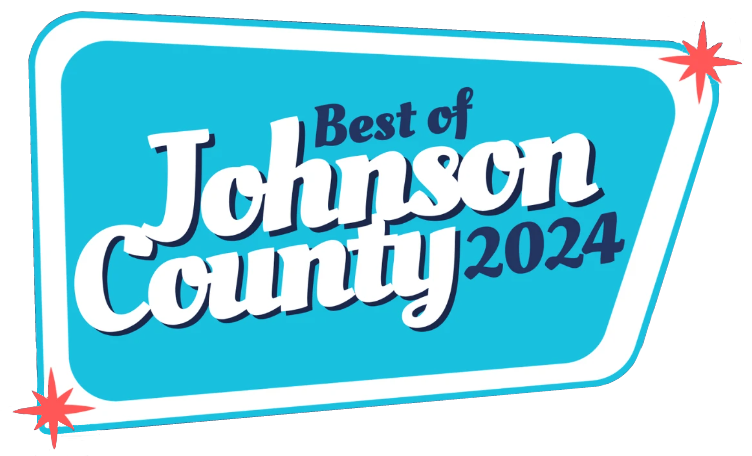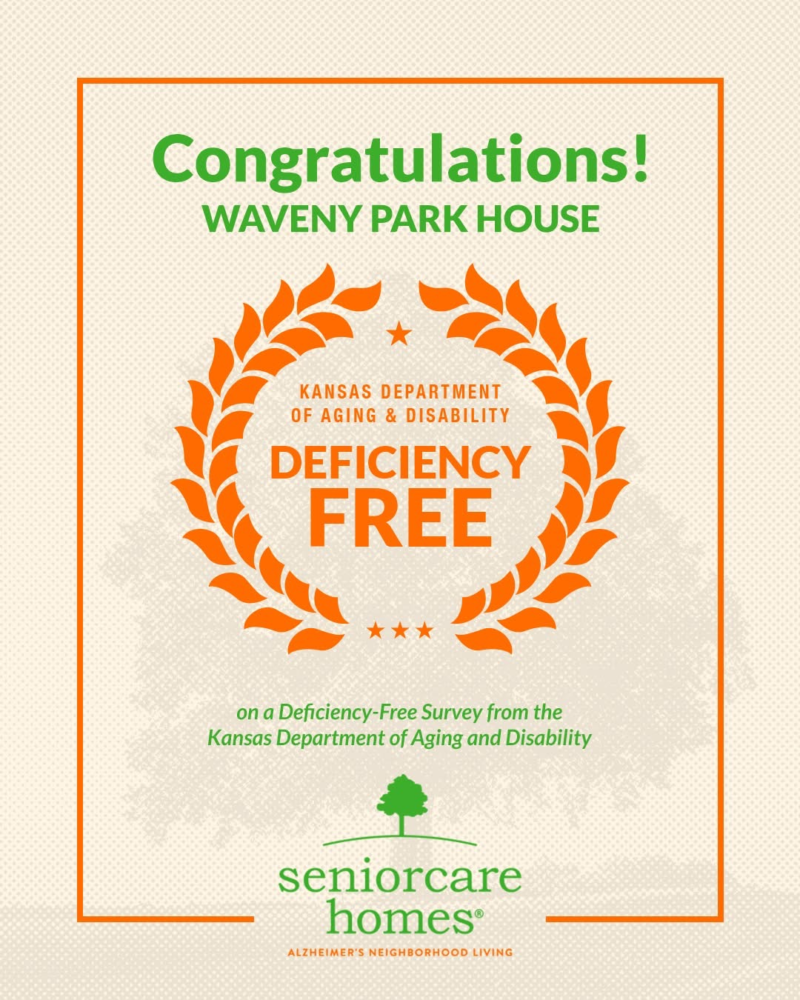Yes, There’s Even an App for That
Think back three or four years. Would you have ever dreamed of asking your phone or tablet a question or looked for assistance from an application (app)? Maybe a few of the very technologically advanced can answer yes, but in 2015 my how times have changed. Today, few of us go more than an hour or so without accessing our smartphone or tablet in an effort to communicate, learn something new, or get us from one location to another.
This smart and ubiquitous technology is so much a part of our lives, it’s difficult at times to remember how we did without it. It’s helpful and can simplifies things, but did you know this technology is also used a tool for helping individuals with Alzheimer’s disease and dementia increase daily engagement?
The use of a tablet or iPad is helping residents stay connected to past hobbies and interests and interact in new ways. Downloaded applications allow a range of communication through simple taps, voice recognition, and intuitive interfaces. Such expressions could be in the form of drawing a picture, listening to music, or playing a game.
Technology minus the Intimidation Factor
Without the need for a keyboard or mouse, interaction is as simple as a tap or swipe of the finger. Often simply introduced as a “creative board,” the iPad or tablet becomes a tool for endless self-expression. It’s also a wonderful way to learn more about the interests, history and family of an individual through the fun of play. An interest in fishing could provide an opportunity to try out a fishing game where a swipe of a finger casts a line to a waiting fish. Or an artist can again experience the joy of creation with a dry paint brush that creates an explosion of color on the screen. Since the benefits of using the tablet or iPad are multi-sensory, participants can connect through sight, touch and sound.
Incorporating Sound and Memory
Tablets are also a great way to store a variety of music. The power of music as a tool for memory enhancement has been well-documented for years. For example, expectant parents play Mozart for their babies and students listen to classical music to enhance the studying process. Recognition of music’s impact is shown in study after study such as the groundbreaking documentary Alive Inside, which demonstrated the impact of music and memory on non-communicative individuals with Alzheimer’s disease and dementia. Intuitively it just makes sense, especially when you consider the power of a tune to stay with you whether that’s an annoying jingle or part of a cherished memory.
At SeniorCare homes, each time we use the iPad it’s an incredible discovery for our residents and our caregiving staff. The games and activities continue to be a fun way for our residents to build connections, interact and diminish isolation one swipe, tap or voice command at a time.
SeniorCare Homes in Overland Park and Leawood, Kansas, offer the most comfortable and stable assisted living environment to seniors with dementia, memory loss, Alzheimer’s and Parkinson’s diseases. Phone (913) 236-0036 to learn more about neighborhood living for the memory impaired.










